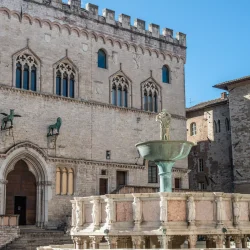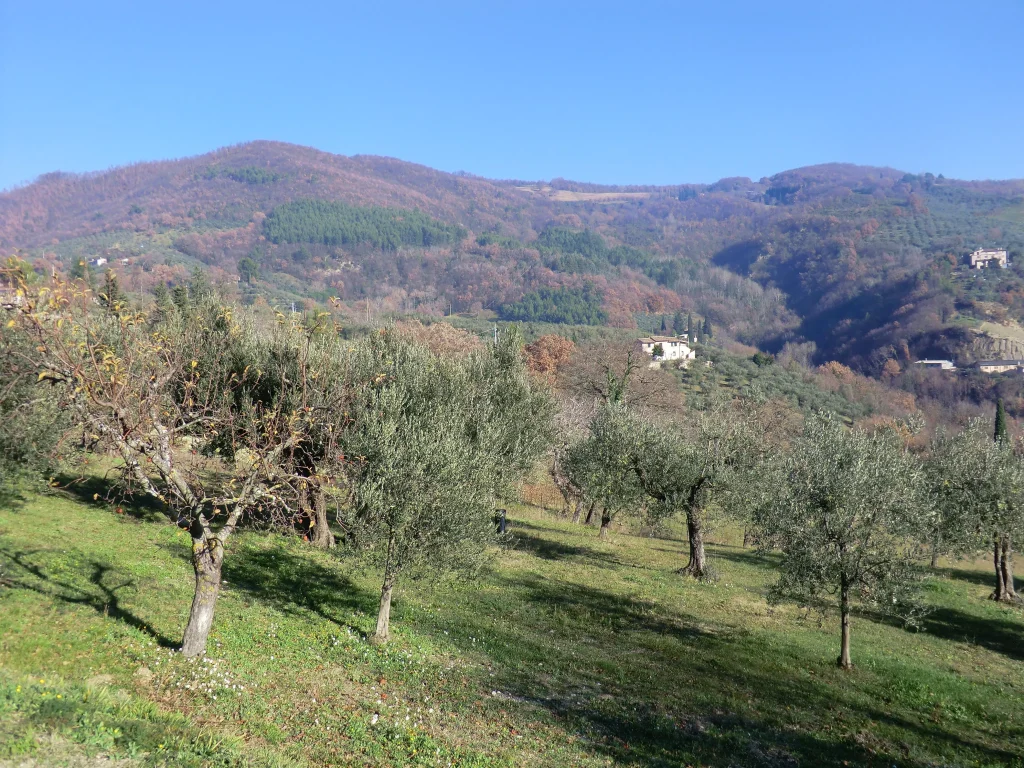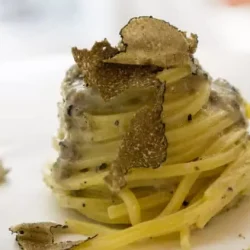
Olive Oil in Umbria: The Green Gold of the Umbria Region
Nestled in the heart of Italy, the picturesque region of Umbria boasts not only rolling hills and medieval towns but also a culinary treasure that has been revered for centuries – olive oil. Often referred to as the “green gold” of Umbria, this liquid gold has not only played a pivotal role in the region’s gastronomy but has also become a symbol of its rich agricultural heritage.
Umbria, known as the “green heart” of Italy, is a land of undulating landscapes, dotted with olive groves that stretch as far as the eye can see. The region’s unique climate, characterized by hot summers and mild winters, creates the perfect conditions for olive trees to thrive. As a result, Umbria has become a major producer of high-quality olive oil, earning its reputation as a hub for this liquid elixir.
The cultivation of olives in Umbria can be traced back to ancient times. The Etruscans, the ancient civilization that once inhabited this region, were among the first to recognize the potential of the olive tree. The tradition has been passed down through generations, and today, Umbria stands as a guardian of this centuries-old legacy.
One of the key factors contributing to the exceptional quality of Umbrian olive oil is the diversity of olive varieties grown in the region. The Moraiolo, Frantoio, and Leccino varieties are among the most prominent, each imparting its unique flavor profile to the final product. The Moraiolo olives, for instance, are known for their robust and peppery notes, while the Frantoio variety contributes a fruity and harmonious taste. The careful blending of these olives results in a well-balanced and complex olive oil that is the pride of Umbria.
The production process itself is a meticulous art form in Umbria. From hand-harvesting the olives to cold-pressing them within hours, the emphasis is on preserving the integrity of the fruit. The use of traditional stone mills for pressing ensures that the oil retains its full spectrum of flavors and nutritional benefits. This commitment to quality has led to the region obtaining the prestigious Protected Designation of Origin (PDO) status for its olive oil, underscoring its authenticity and adherence to traditional methods.
The significance of olive oil in Umbrian cuisine cannot be overstated. It is not merely a condiment but an essential ingredient that enhances the flavors of local dishes. Whether drizzled over a simple bruschetta, tossed with freshly cooked pasta, or used as a finishing touch to grilled meats, Umbrian olive oil elevates the culinary experience to a whole new level. The locals take pride in incorporating this liquid gold into their everyday meals, considering it a staple that embodies the essence of their cultural identity.
Visitors to Umbria have the opportunity to delve into the world of olive oil through guided tours of local olive groves and mills. These immersive experiences provide a glimpse into the intricate process of olive oil production, from orchard to bottle. Tastings offer a sensory journey, allowing participants to discern the nuances of different olive oil varieties and appreciate the craftsmanship behind each bottle.
In conclusion, the olive oil of Umbria is more than just a condiment; it is a testament to the region’s rich history, cultural heritage, and commitment to quality. The meticulous cultivation of olives, coupled with the traditional production methods, results in a product that transcends its culinary role and becomes a symbol of the “green heart” of Italy. For those seeking to explore the depths of Umbrian gastronomy, indulging in the green gold of this region is an essential and enriching experience.


